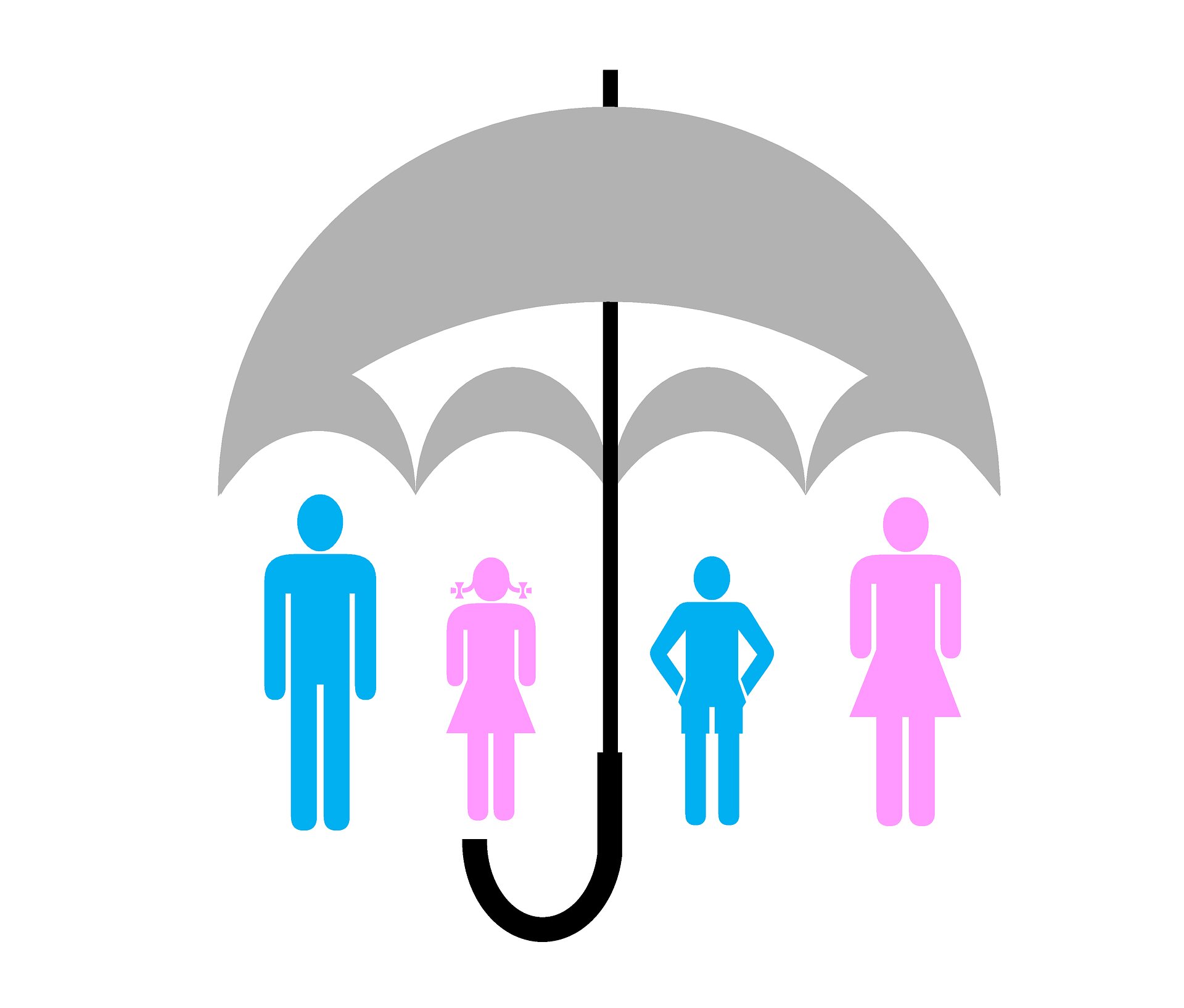Announcing the details in the House of Commons, paymaster general John Glen repeated the apology made by Prime Minister Rishi Sunak on Monday, saying the victims had suffered “unimaginable pain”.
He said the publication of the public inquiry’s report was a “day of great humility for everyone”.
He hopes the compensation package will be welcomed: “The infected blood community know their cries for justice have been heard.”
Des Collins, of Collins Solicitors, which is representing over 500 families, said the news was a “positive step and broadly encouraging”.
But he criticised the government for not acting earlier, pointing out they were told to act on compensation by the public inquiry two years ago.
“The government has wasted valuable time. Why the promised further consultation has not happened sooner is also bewildering, but better late than never.”
Jason Evans, of the campaign group Factor 8, said he would need to carefully consider the compensation sums before commenting.
But he said he was concerned about the wait some face given the interim payments are only available to certain individuals.
“Today’s announcement will be a gut-punch to most bereaved families, who have still received no compensation at all.”



